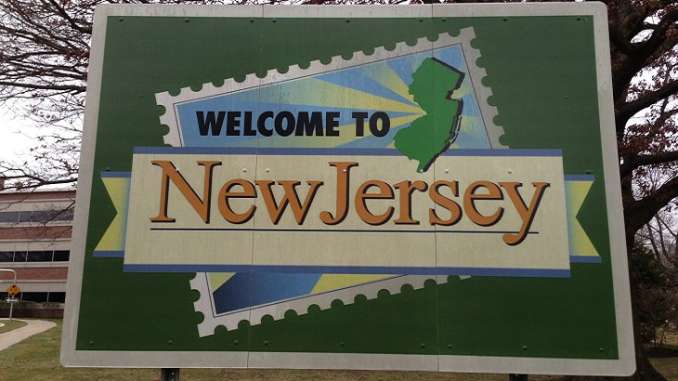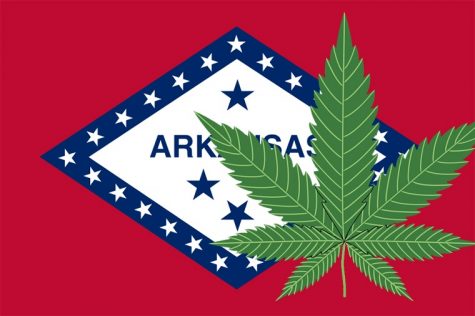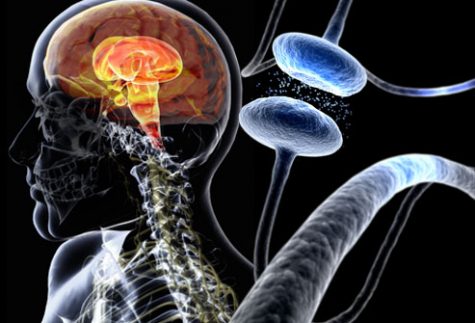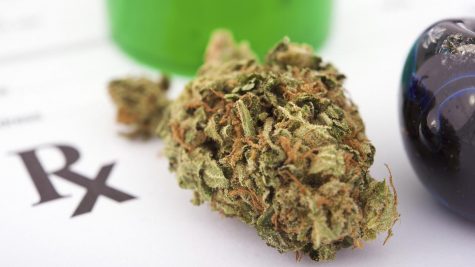New Jersey medical cannabis patients win major protections from being fired for failing a drug test
Thanks to the court ruling, New Jersey’s medical cannabis patients will be shielded by the state Law Against Discrimination
Medical cannabis patients who work in New Jersey are jumping for joy after discovering that they have won huge protections that safeguard them from being fired for flunking a drug test. The news comes after a state appeals Court ruled in favor of medical cannabis patients in New Jersey, who will no longer have to fear the dreaded drug test.
This particular cannabis case is sure to send a ripple effect across workplaces nationwide in the near future, where medical cannabis patients risk failing a drug test after consuming their medication.
Thanks to the court ruling, New Jersey’s medical cannabis patients will be shielded by the state Law Against Discrimination, so long as they are not under the influence of a medication that prevents them from doing the task at hand safely and effectively. According to the state Department of Health, there are currently around 45,000 registered patients in New Jersey’s medical cannabis program, which sees 2,000 new applicants enroll every month.

“The sweeping effect is you can no longer say, ‘You (tested) positive — you are outta here,’ ” said employment expert with the Newark-based Epstein Becker and Green national law firm, Maxine “Mickey” Neuhauser.
“There had been a general belief that since [cannabis] is illegal under federal law, employers would not have to accommodate its use by employees, even if they had a prescription for it and using it legally under state law,” Neuhauser said. “This appellate case very strongly came down in the opposite direction following the lead of other states confronted with the same issue.”
The state Appellate decision made on March 27 was influenced by a discrimination lawsuit that was filed by 41-year-old Justin Wild. In 2016, after being diagnosed with cancer and prescribed medical cannabis, Wild was dismissed from his job as director for the Feeney Funeral Home in Ridgewood.
The court determined that Wild did not divulge his involvement in the state’s medical cannabis program to his employer until he was injured and taken to hospital following a car accident. The blame, Wild says, should not fall on him since he was not high at the time of the incident.
A drug test was not administered by the physician in the emergency room because, as Wild was a registered medical cannabis patient, there seemed no need. A drug test was then demanded by his boss prior to his return to the workplace. Upon discovering that he tested positive for cannabis, Wild was instantly fired.
After his dismissal, Wild sued his employer for discrimination. However, he lost his case at the Superior Court level. According to the trial judge, the New Jersey Compassionate Use Medical Marijuana Act and 2010 state law does not require employers to make accommodations for medical cannabis patients on the job.
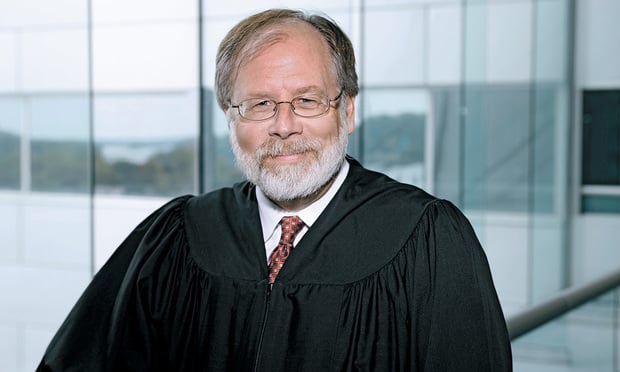
People with disabilities like Wild must be accommodated for by employers, according to the state Law Against Discrimination. Appellate Court Judge Clarkson Fisher Jr. wrote this in a court statement.
“It would be ironic indeed if the Compassionate Use Act limited the Law Against Discrimination to permit an employer’s termination of a cancer patient’s employment by discriminating without compassion,” Fisher wrote.
“The plaintiff did not allege he sought an accommodation for his use of medical [cannabis] ‘in [the] workplace,’ he alleged only that he sought an accommodation that would allow his continued use of medical [cannabis] ‘offsite’ or during ‘off-work hours,’ ” the decision said.
Jameson Mark, Wild’s attorney, failed to respond when Wild requested comment for his report, thus enabling him to proceed with the lawsuit. Judiciary spokeswoman MaryAnn Spoto divulged details of a petition that was filed on April 15th by attorneys for Feeney Funeral Home and its parent company Carriage Funeral Services. The petition urged the New Jersey State Supreme Court to take the case.
The outcome of the court case will clarify the hazy area of employment law involving legal medical cannabis use. Currently, medical cannabis patients do not have many workplace protections. In spite of the medical cannabis laws that have been enacted in 33 States and Washington D.C., possessing the drug is still considered a crime at the federal level.



